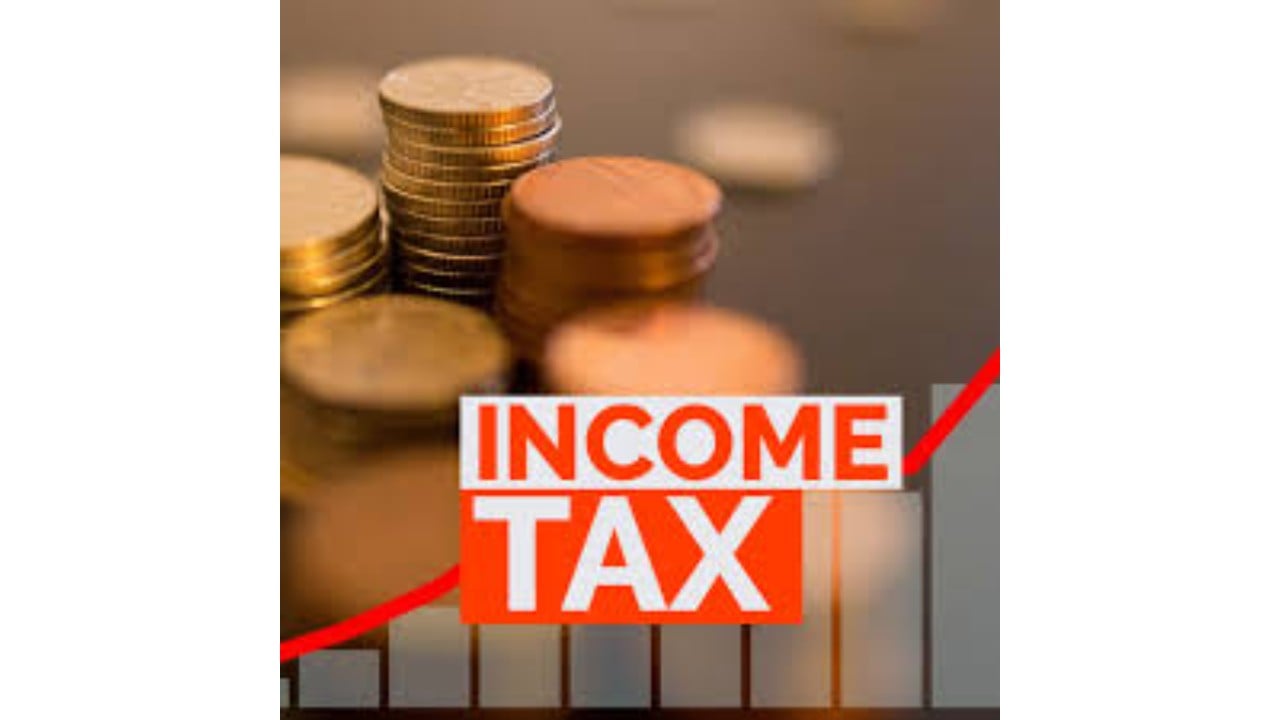Latest business news
New Income Tax rules to be effective from April 1: Tax on crypto-assets to filing of updated IT return, here are 7 major changes in IT rules
From the filing of the updated returns, income tax on crypto-assets to tax relief for cooperatives and startups as well as for Covid-19 treatment, here are 7 major changes in the Income Tax rules.

India News
Union Budget 2026 highlights: Nirmala Sitharaman Raises Capex to Rs 12.2 Lakh Cr, West Bengal Gets Major Allocation
Finance Minister Nirmala Sitharaman is presenting the Union Budget 2026 in Parliament today. Follow this space for live updates, key announcements, and policy insights.
India News
Union budget 2026 to be presented on Sunday with special trading session
The Union Budget 2026 will be presented on a Sunday for the first time in over two decades, with NSE and BSE announcing special trading sessions for the day.
India News
Modi says right time to invest in Indian shipping sector; meets global CEOs
-

 India News21 hours ago
India News21 hours agoMK Stalin predicts frequent PM Modi visits to Tamil Nadu before assembly election
-

 Latest world news21 hours ago
Latest world news21 hours agoIndia eyes Rs 8,000 crore mid-air refuelling aircraft deal as PM Modi begins Israel visit
-

 Latest world news7 hours ago
Latest world news7 hours agoPM Modi reaffirms support for Israel, recalls 26/11 victims in Knesset address
-

 Latest world news7 hours ago
Latest world news7 hours agoCanada softens stance on alleged Indian interference ahead of PM Carney’s India visit
-

 India News6 hours ago
India News6 hours agoPM Modi crosses 100 million followers on Instagram, first world leader to achieve milestone
-

 Latest world news6 hours ago
Latest world news6 hours agoPM Modi and Netanyahu pledge deeper defence, trade ties during Israel visit
-

 India News6 hours ago
India News6 hours agoOver 5,000 tribals join BJP in Assam’s Goalpara ahead of elections







